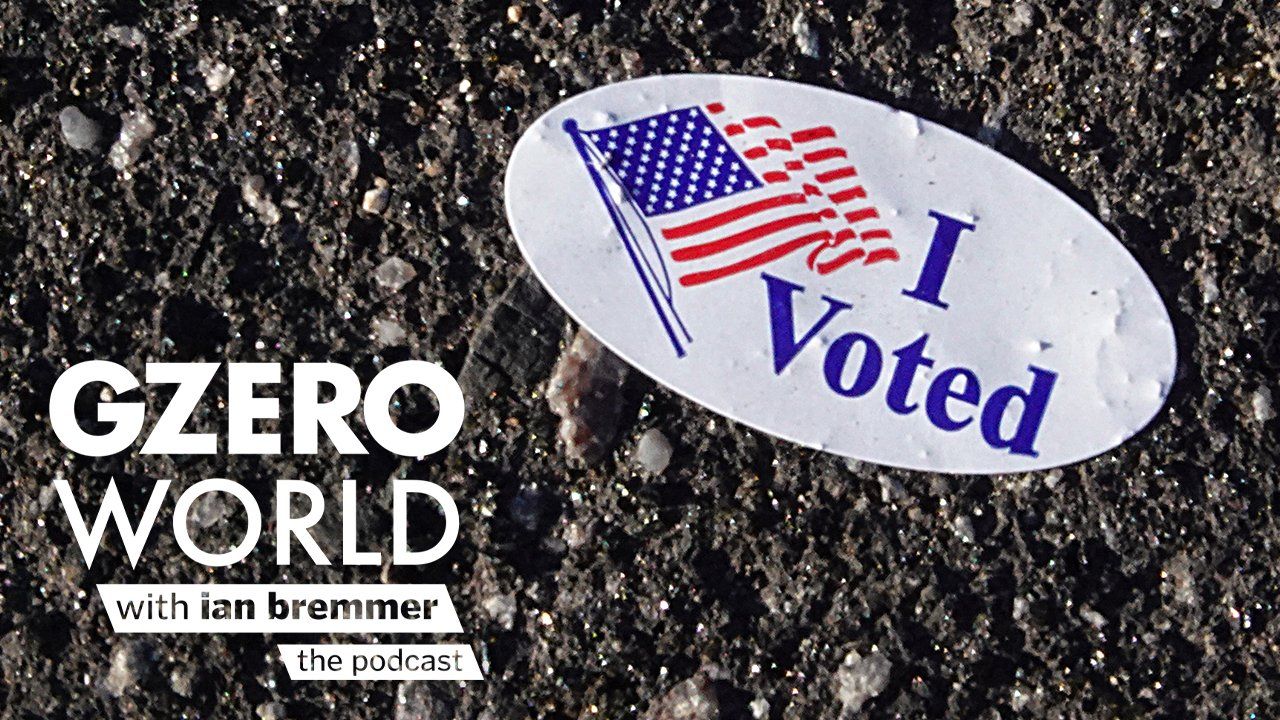US election security and the threats of foreign interference: CISA Director Jen Easterly discusses
Listen: On the GZERO World podcast, Ian Bremmer sits down with Jen Easterly, the top US official behind America’s election security infrastructure. As Director of Homeland Security's Center for Cybersecurity and Infrastructure Security Agency (CISA), she is on the frontlines of safeguarding the voting process. In their conversation, Easterly talks about the massive improvements to the nation’s voting systems and emphasizes “with great confidence that election infrastructure has never been more secure.” Yet what worries Easterly is the potential for election meddling and disinformation after voting ends and before certification is complete.
Easterly discusses how the "firehose of disinformation" can have serious consequences on the country. She calls out Trump and other political leaders who have peddled false narratives pushed by foreign actors—a move that risks eroding public trust in our democracy. Again, though, her main concern is for that volatile period after the votes are cast and before they're certified. She argues that "between November 5th and January 6th—when the Congress is going to certify the vote—our foreign adversaries are going to go hog wild.” In particular, threats coming from Russia, China, and Iran. So as voters head to the polls, Easterly and her agency are making it a priority to rebuild trust and confidence with American voters.
Subscribe to the GZERO World Podcast on Apple Podcasts, Spotify, Stitcher, or your preferred podcast platform, to receive new episodes as soon as they're published.
- US election campaigns head into the homestretch ›
- Election 2024: Are American allies worried about the US presidential election? ›
- Ian Bremmer on the US election & crisis of democracy ›
- How Iran is messing with the US election ›
- The US election: Freedom on the ballot ›
- 2024 US election: What to look out for - GZERO Media ›
